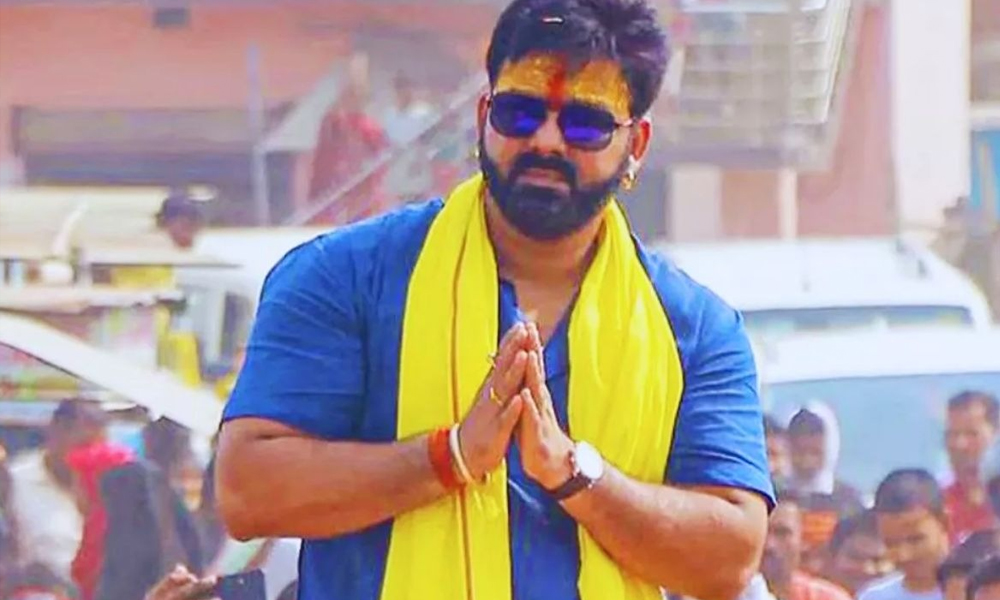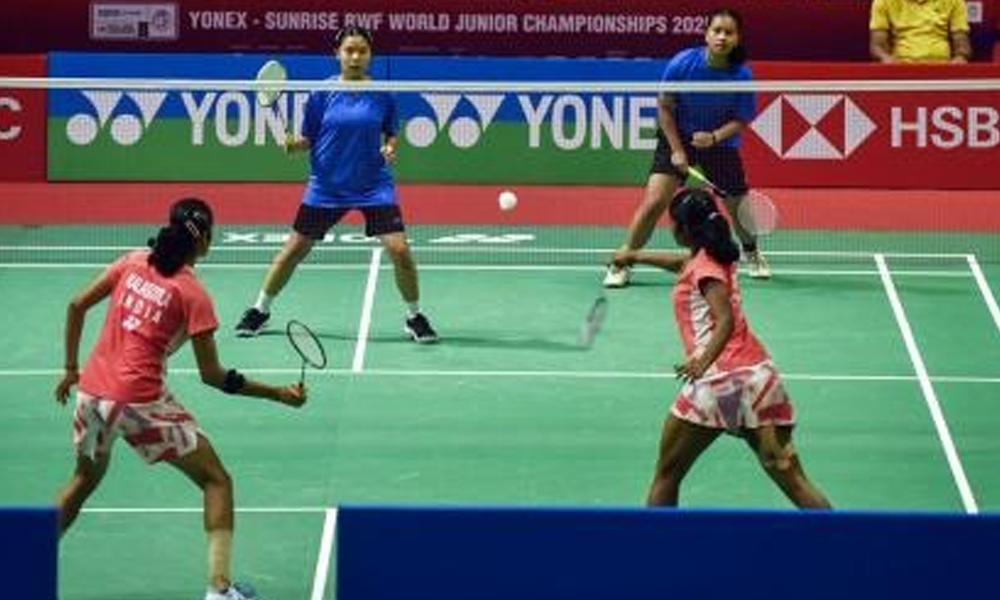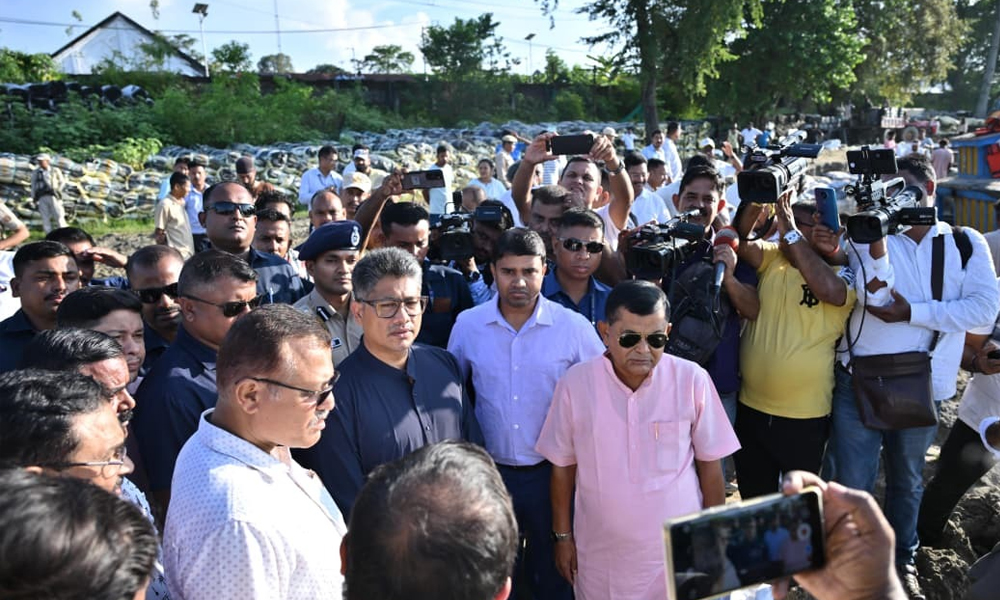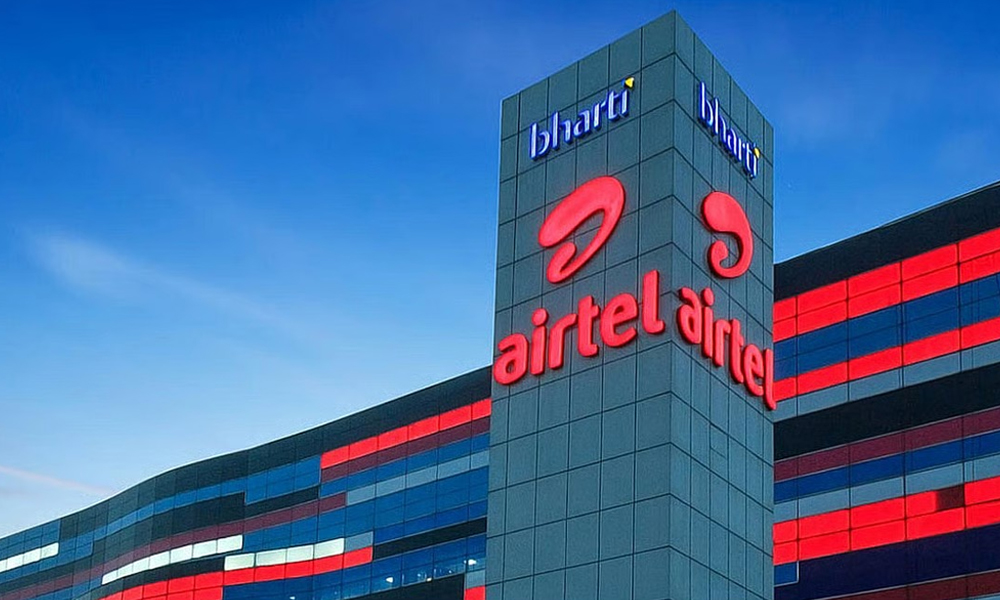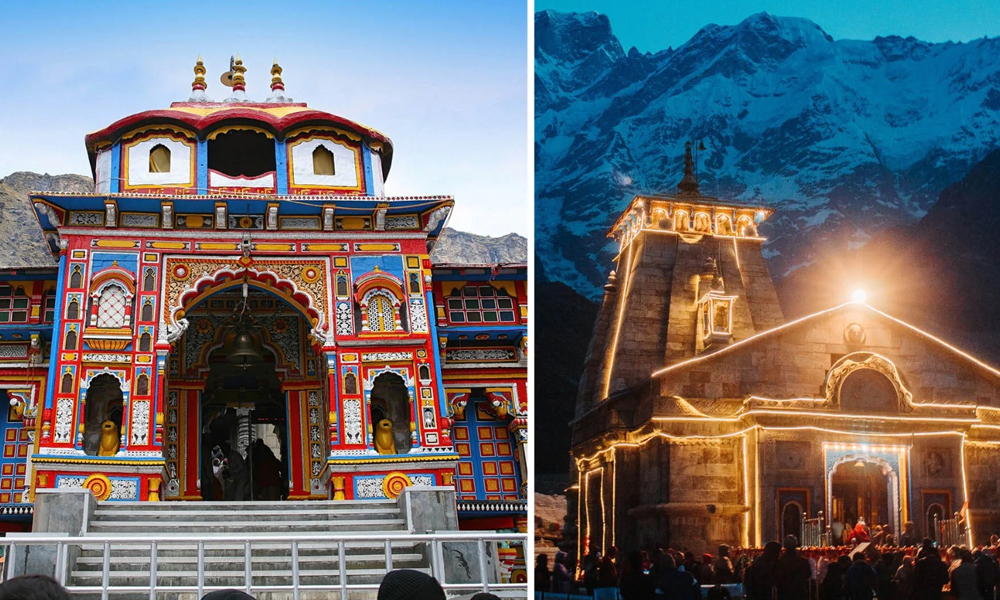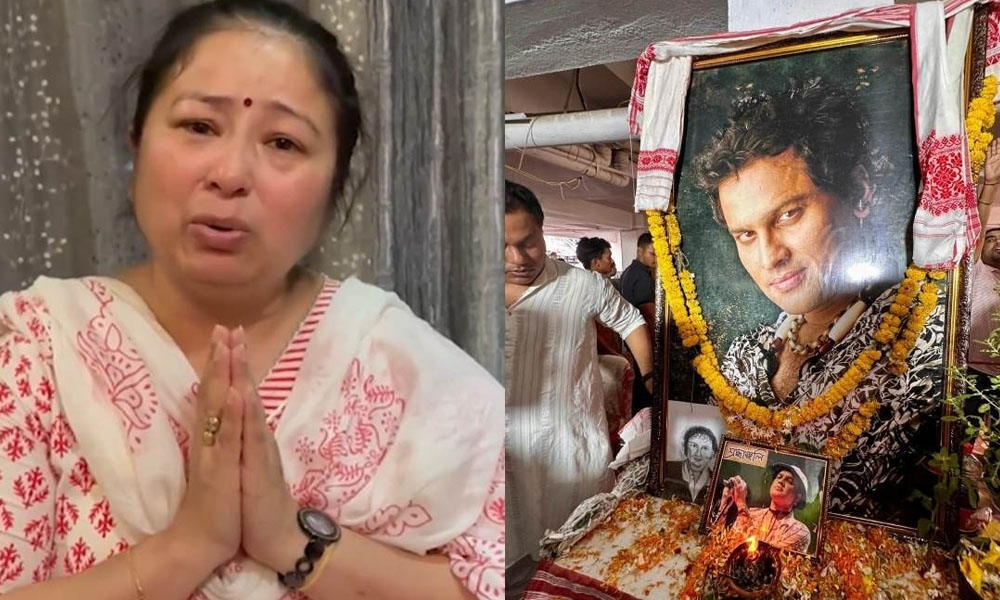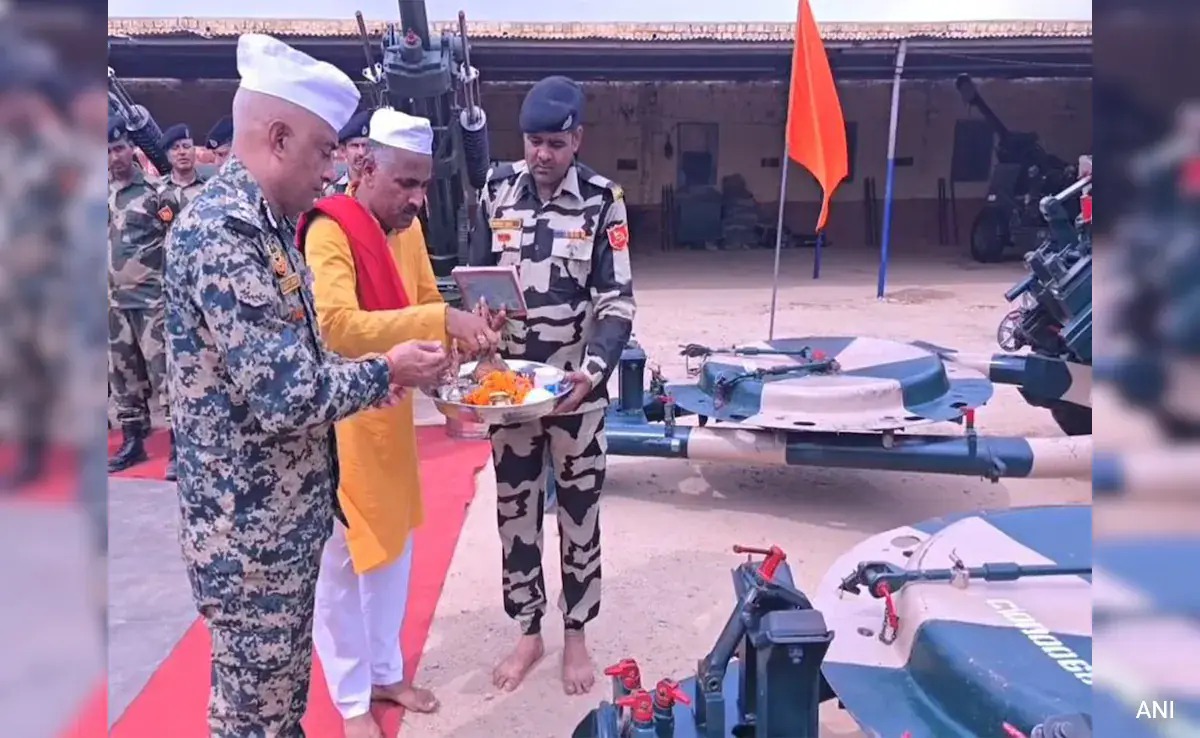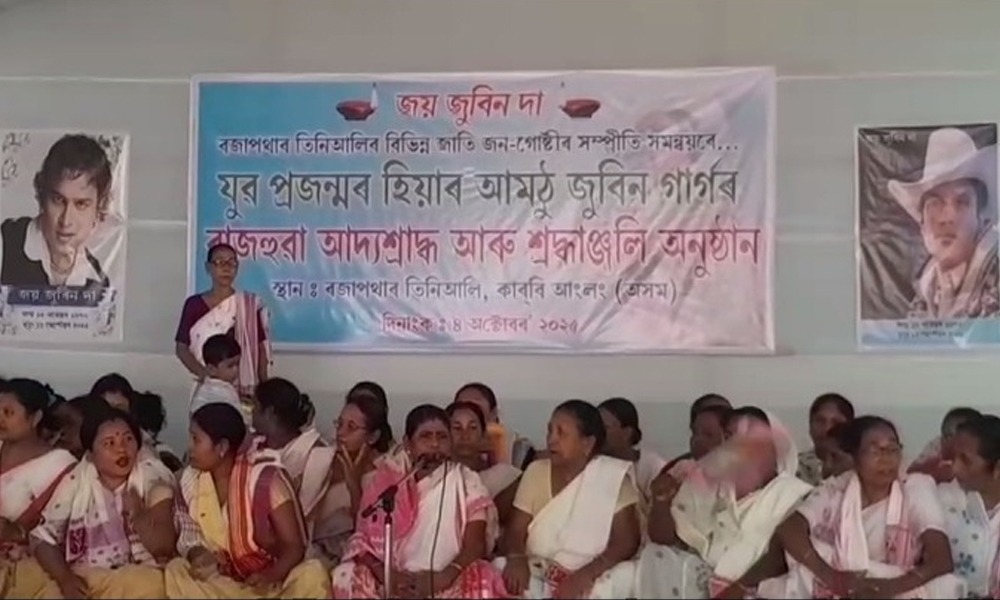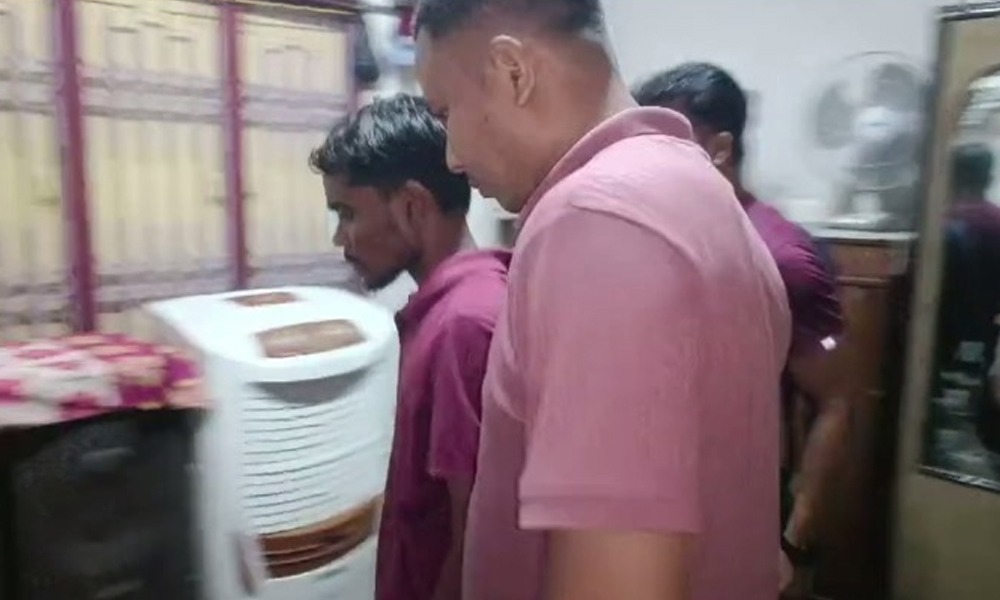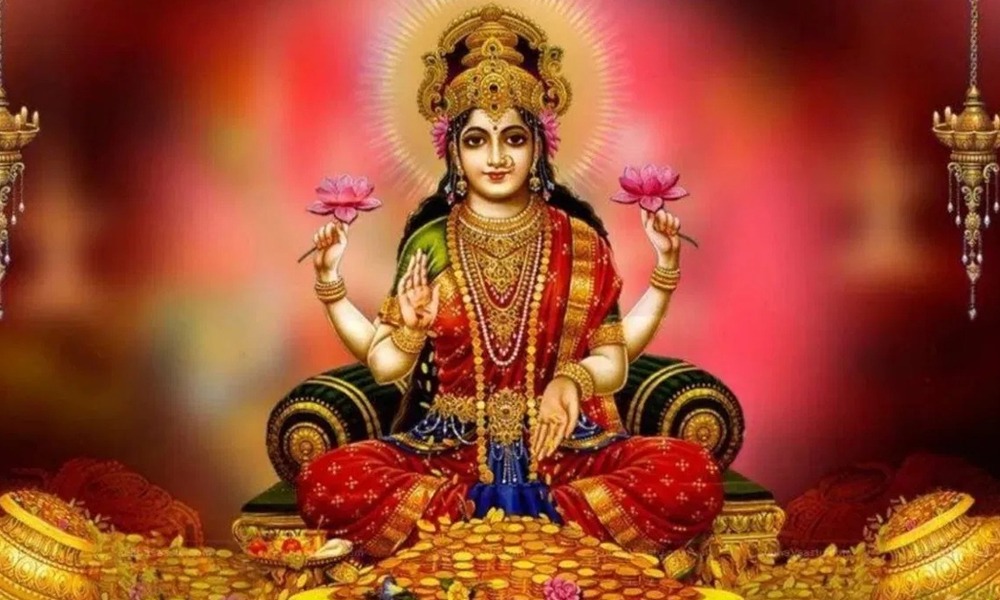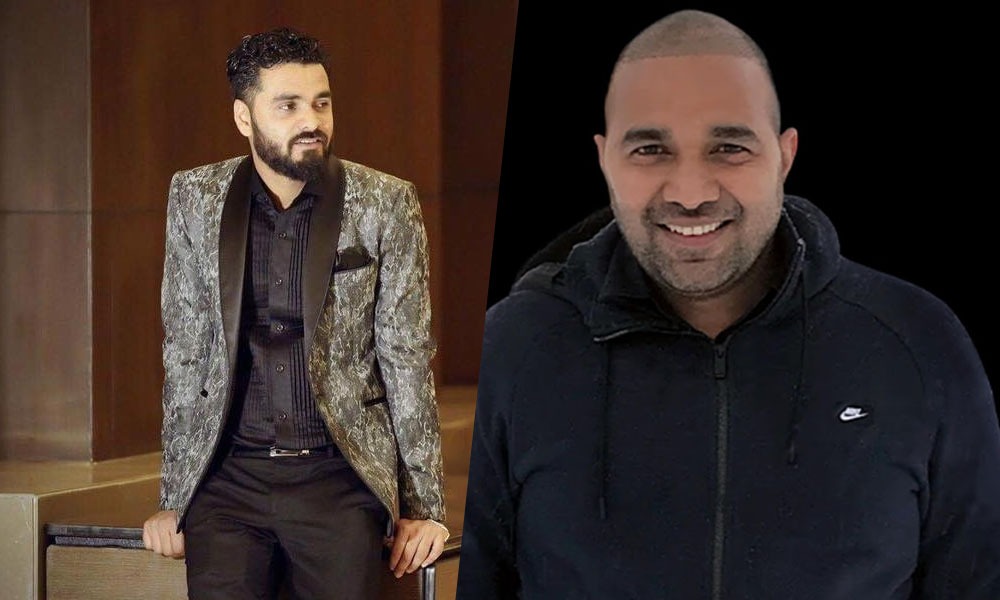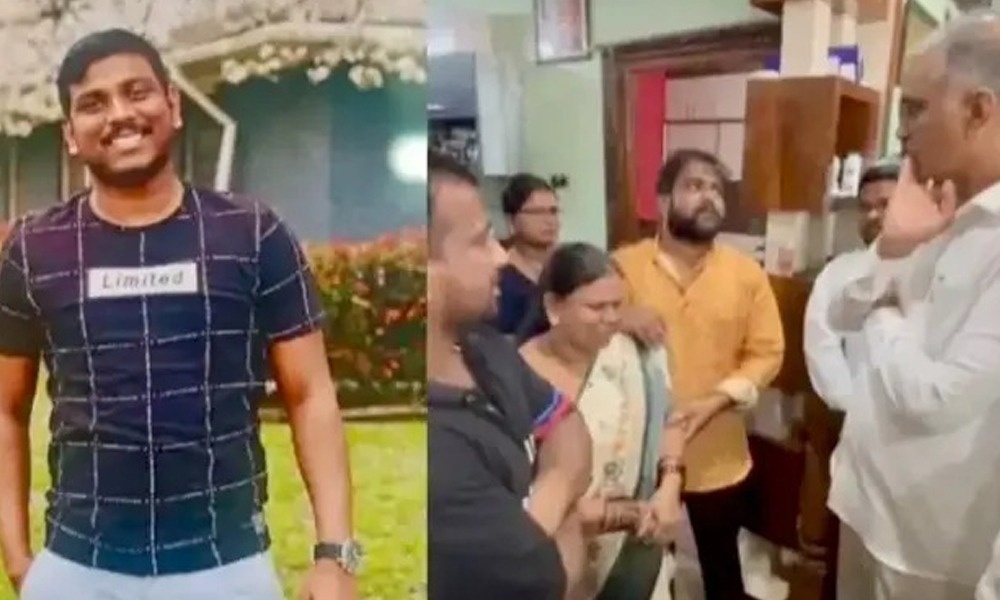Mumbai: Thirteen years have passed, but the scars of the 26/11 Mumbai attack, remains fresh in the minds and hearts of the survivors and their families.
A series of ghastly attacks, which began on November 26, 2008, lasted for four days, leading to 166 people dead and more than 300 injured.
With words of encouragement and commemorating the courage displayed by our martyrs, Industrialist Ratan Tata shared a post on Instagram saying that the memories of the attacks should “become the source of our strength.” The 83-year-old industrialist shared a picture of the Taj Mahal Palace in Mumbai and wrote that the “hurt endured 13 years ago can never be undone.”
Also read: Assam: Yet another truck accident on Kaliabhomora bridge within a week
10 terrorists from Pakistan attacked the Maximum city, striking simultaneously at five major locations including Oberoi -Trident Hotel, Taj Mahal Palace and Tower Hotel, a Jewish cultural centre - Chabad House at Nariman Point, Leopold Cafe and Chhatrapati Shivaji Terminus railway station.
Out of the 10 terrorists, 9 were killed during the attacks. Mohammed Ajmal Kasab was the only terrorist who was captured alive. He was executed on November 21, 2012.
The Taj Mahal Hotel was built by Ratan Tata’s great-grandfather, Jamsetji Tata.
Survivors and families of the deceased speak through a roaring silence. The silence that opens up on the scars they have been carrying on their shoulders, but roars the pain and grief they have been enduring for the past 13 years.
Many highlight what necessary actions were needed at that time, and that the government’s intervention was ‘delayed’. Some even highlight the need in upgrading the arms and ammunition of the security forces so as to be ready in any such unavoidable circumstances. There are a few others who are still waiting for government’s aid.
10 Lashkar-e-Taiba terrorists came to Mumbai via sea route from Pakistan and carried out a series of coordinated shooting and bombing attacks across the city on November 26, 2011.
After sailing to the city under the cover of darkness, the terrorists targeted major landmarks of Mumbai with the first attack taking place at the crowded Chhatrapati Shivaji Terminus (CST) railway station.
Ajmal Amir Kasab and Ismail Khan carried out the attack at this station, killing as many as 58 people and injuring over 100.
Kasab and Khan later entered to attack Cama Hospital, but the same was thwarted with the alertness of the hospital staff. They, however, killed 6 police officials, including city's Anti-Terrorism Squad Hemant Karkare in an ambush after leaving the hospital.
The second site of the attack was Nariman House business and residential complex where a Rabbi, his wife, and six others, including five Israeli citizens, were killed by the terrorists who first held them hostage.
The two-year-old child of the Rabbi couple, Moshe, survived in the attack. Then 'Baby Moshe' became the face of the innocent victims of ruthless terrorism.
The third site to come under attack on 26/11 was the Leopold Cafe followed by Taj Mahal Hotel and Tower. Four terrorists carried out the attack at the famous cafe before entering the iconic Taj hotel, where they killed as many as 31 people after laying a three-day siege at the hotel.
The other site to come under attack during the 26/11 was Oberoi-Trident hotel where another group of two terrorists entered at almost the same time, as the other four had entered Taj. At Oberoi-Trident hotel the siege officially ended on the evening of November 28 with as many as 30 being killed in the horrific attack.
Also read: Election Campaign begins: PM Modi lays foundation stone for Noida International Airport
The attack and seize finally culminated on the morning of November 29, 2008, after the National Security Guards (NSG) secured the Taj Mahal Palace Hotel.
By the time commandos of the National Security Guards (NSG) gunned down the last terrorists who had been holed up in south Mumbai's Taj Mahal Palace hotel, over 160 people were killed and hundreds were left injured.
After the attack, it was established that the 10 terrorists had sailed to Mumbai from Pakistan's port city, Karachi. Their voyage to Mumbai involved hijacking a fishing dingy and killing four of the five men crew, leaving one occupant to ferry them to the Mumbai coast.
In these gruesome attacks, 9 terrorists were killed and the lone survivor, Ajmal Amir Kasab, was caught and was sentenced to death at Yerwada Central Jail in Pune in 2012.
The Jamaat-ud-Dawah (JuD), whose mastermind was Hafiz Saeed, was believed to have plotted the 26/11 attacks.



